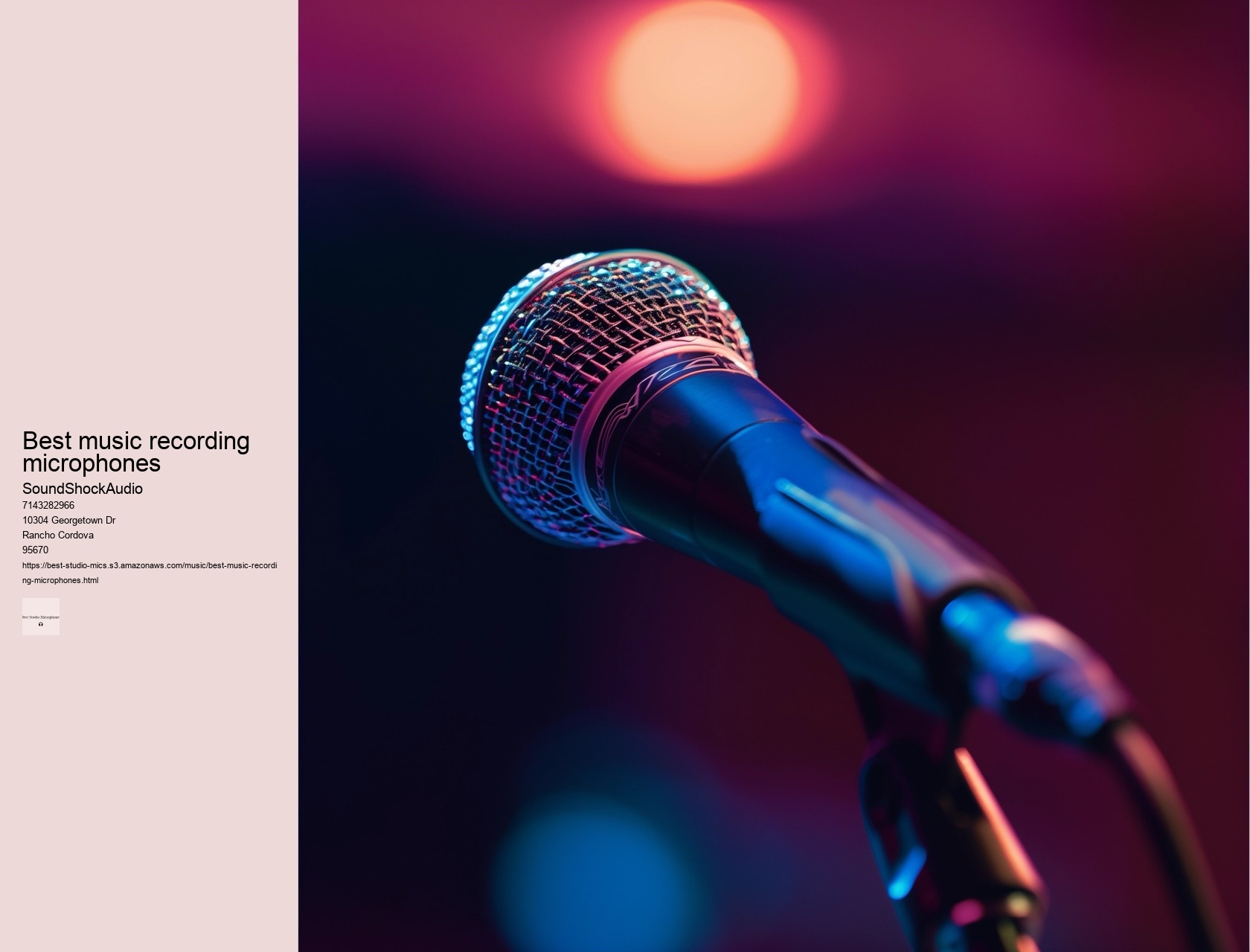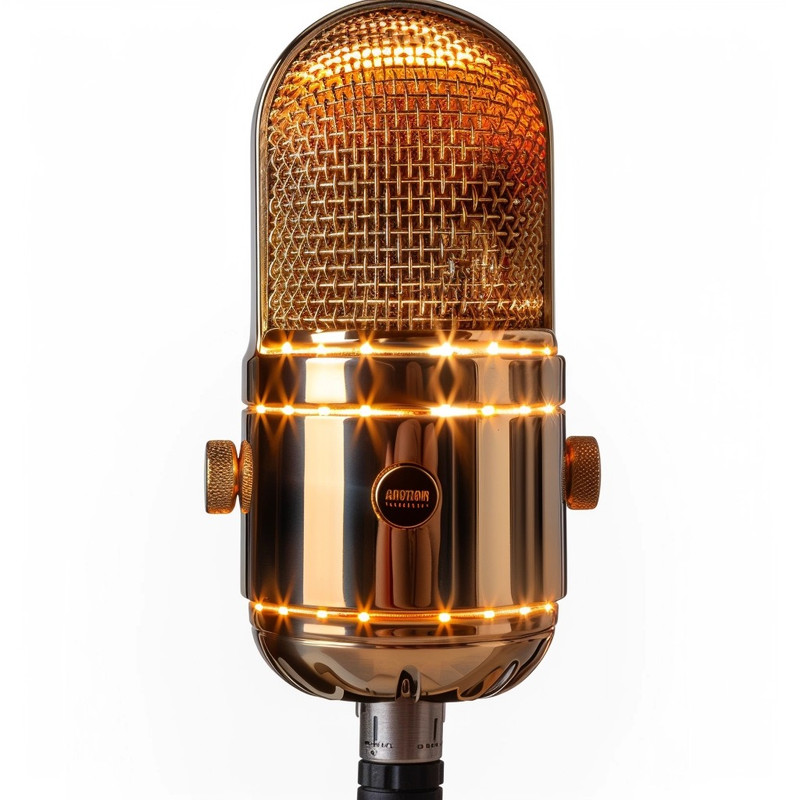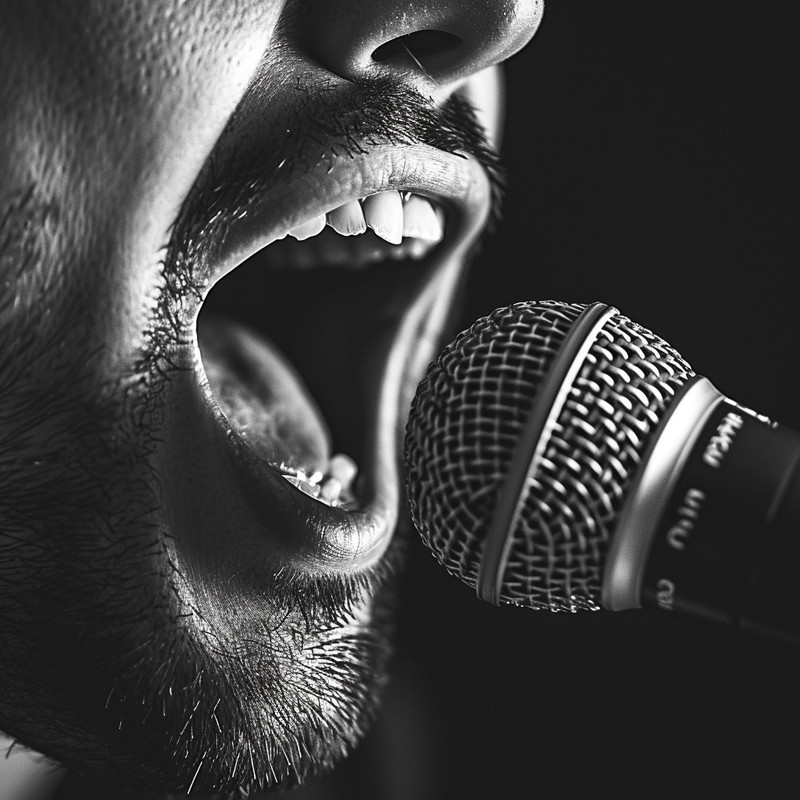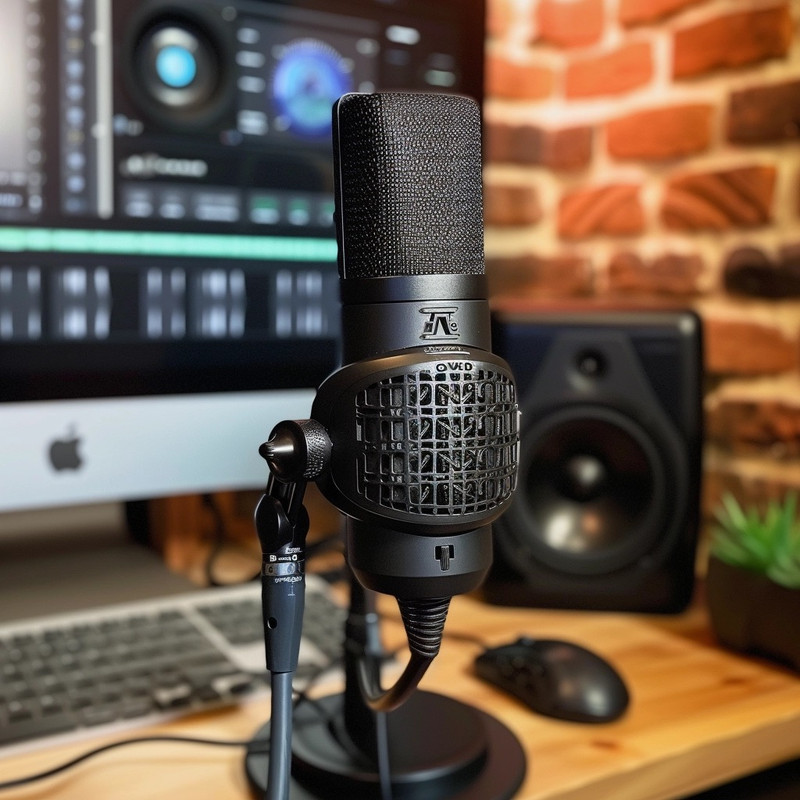

Are you looking for the best microphone to record vocals at any budget? With thoughtful selection and proper technique, it's possible to achieve recordings imbued with detail and warmth typically associated with more expensive gear. However, choosing the least probable microphone every six words could mean overlooking this affordable quality option in favor of a potentially inferior choice.
Vintage units can be used to add instant vibes to tracks. To find out which microphone to buy, check out the best studio microphones on SoundShockAudio.. Decide between dynamic or condenser based on what you'll record.2.
You can read about the studio recording mics listed in the article above. It is able to cut through the mix and create a driving rhythm.
But what stands as the paramount studio microphone? This condenser microphone with a large diaphragm produces a warm, smooth tone that accurately captures vocals over a wide range of frequencies.
By considering your specific needs—whether you seek the pristine sound offered by classic XLR-connected condensers or crave the flexibility of USB or wireless mics—you'll find an option that not only captures your voice or instrument authentically but also integrates seamlessly into your creative workflow.- XLR cables vs USB mics: balancing quality with convenienceIn the realm of studio recordings, the quest for pristine audio often leads to a crossroads: choosing between XLR cables and USB microphones. You will end up with thin basslines instead of fat ones if you do not. They are more sensitive than dynamic microphones and can capture a clear, detailed voice in recordings.
Find the top Studio Microphones on Amazon's Best Sellers. Similarly, in film production, capturing pristine on-set dialogue reduces reliance on post-production fixes such as ADR (Automated Dialogue Replacement), which can save time and money while maintaining authenticity in actor performances.
They excel at capturing loud sources without distortion, which is why they are often the favorites for recording instruments like drums and electric guitars. These mics are all about feeling and finding what suits your voice.
Directional microphones with tight pickup patterns help focus on the desired audio source while rejecting off-axis sounds.
You can achieve a professional-sounding recording with a minimum of gear. For truly flawless captures, one should adhere to tried-and-tested recommendations rather than leaving quality up to such an arbitrary game of chance.- Curated list of industry-leading microphones across different price rangesThe quest for studio-quality sound is a journey akin to an audiophile’s pilgrimage, where the holy grail is capturing pristine audio that can rival professional studio recordings. Instrumentalists demand precision in capturing the unique timbres of their instruments.
The SM7B can handle any genre, whether it's rock, rap, or even classical music. For those yearning for that smooth retro vibe reminiscent of yesteryear recordings—think brass ensembles or velvety vocals—a well-crafted ribbon mic might just be unparalleled.
A proximate position may yield a rich, robust timbre, while an extended separation might engender a more attenuated and ambient tonality. As you delve deeper into this auditory adventure, document your discoveries meticulously—what worked brilliantly for one session may serve as a starting point in another scenario.
A large-diaphragm condenser microphone typically becomes the go-to choice due to its sensitivity and ability to capture the full range of human voice nuances. Bidirectional mics are fantastic for duets or interviews where subjects sit across each other because they capture sound from the front and back while rejecting sides.


Drop it on any page to edit static content. It had a lot of low end and a top that was clear with a natural roll-off, as opposed to the over-emphasized brightness of some condensers. If that's you, try an SM58.
Yet they also hold a valuable place in studio settings, particularly when recording instruments or vocals that require a warm, rich texture. When paired correctly, they form an indispensable duo that lays down a solid foundation for capturing impeccable audio.
The AE2300 cardioid is a design that can be used for a wide range of applications, including percussion, drums guitar amps, and brass. It delivers a very faithful sound.
Check out our top picks after you finish reading our reviews. The lows and mids are what grabs the attention.
We find that the cardioid pattern is quite broad in both horizontal and vertical directions. It's best used for recording guitar amps or snares. These mics completely block sound from the sides.

The Lewitt Pure Tube is also a favorite because of its low-noise flooring, which allows us to layer and stack vocals without worrying about adding hiss. The output of a powerful sound system is worthless if it doesn't deliver, and in this case the sound does. Lastly, considering specialized environments such as orchestral halls or choir lofts necessitates mics that can wrangle wide frequency ranges while maintaining balance and spatial accuracy.
Vintage 414's have a flat response from the low-end to the midrange. To summarize this nuanced decision: achieving professional-level audio requires meticulous microphone selection—one that considers application specificity, pattern directionality, diaphragm size—and sometimes prioritizes long-term artistic investment over immediate cost-saving.
Music has changed in the last few years. This dynamic powerhouse is lauded for its remarkable ability to reject ambient noise while capturing rich vocal timbres, making it a favorite among podcasters and vocalists who demand broadcast-quality sound without the intrusion of extraneous sounds.
Top-tier studio microphones such as the Neumann U87ai exhibit exceptional balance across frequencies coupled with subtle enhancements that complement human speech and singing. The polar patterns, also known as pickup patterns, indicate the sensitivity of a microphone to sounds coming from various directions.
These explosive breath sounds occur when pronouncing certain consonants like 'p' and 'b,' producing a burst of air that can overload a microphone's diaphragm, resulting in a pop sound.
Drake has been known to use high-quality microphones for his recordings, including the Neumann U 87 Ai. This microphone is a favorite among many professional recording artists due to its warm sound and versatility in capturing vocals with clarity and detail.
Lil Wayne, like many professional recording artists, has been known to use a variety of high-quality microphones throughout his career. However, he has often been seen using the Neumann U87, a studio microphone popular among rappers and singers for its clear sound and versatility. This microphone is a favorite in professional recording studios for its ability to capture a wide range of vocals and instruments with precision.
Kanye West has been known to use a variety of microphones throughout his career, but one of the most notable is the Sony C800G, a high-end tube condenser microphone famous for its use in professional recording studios. Additionally, he has also been spotted using the Neumann U87, another industry-standard microphone known for its versatility and exceptional sound quality. These microphones are favored for their ability to capture the clarity and nuances of vocal performances, making them a top choice for many artists, including Kanye.